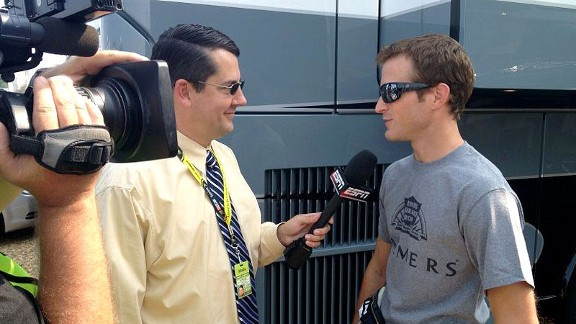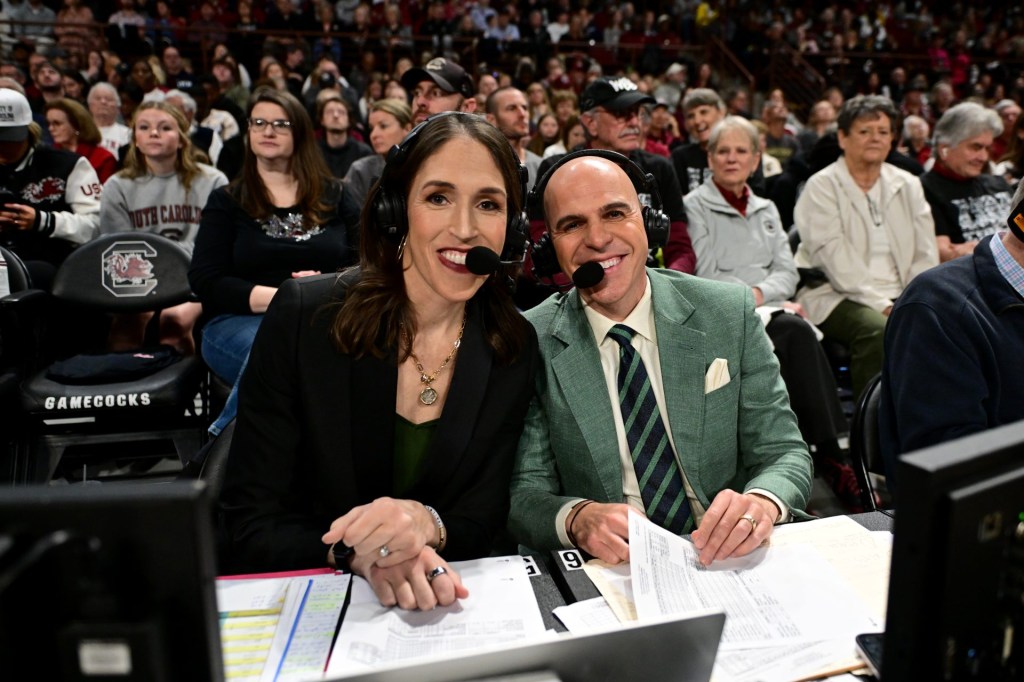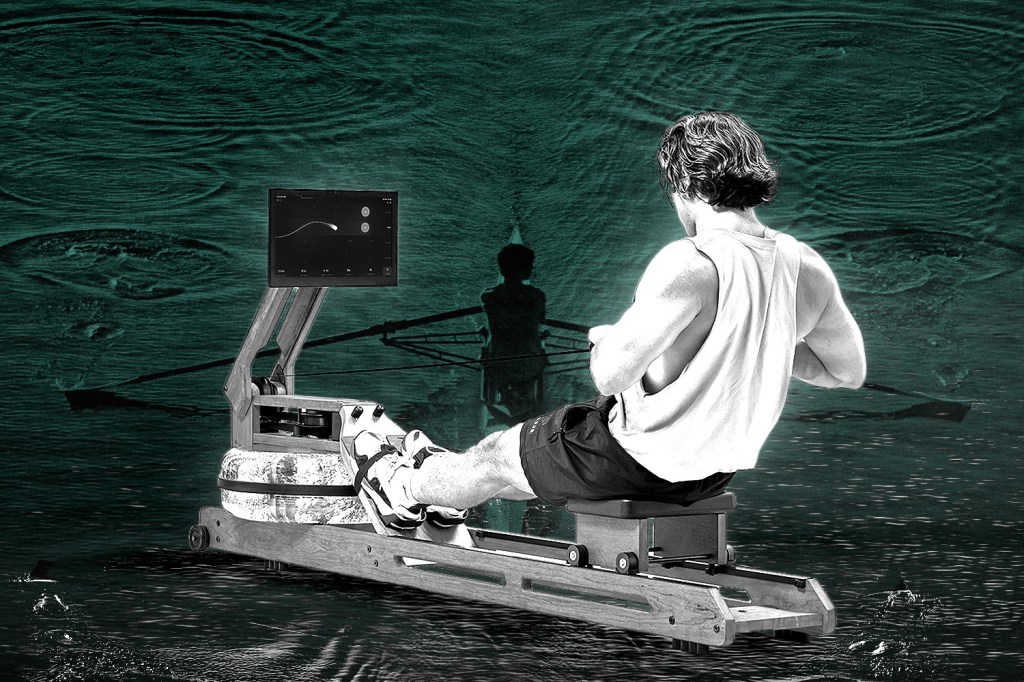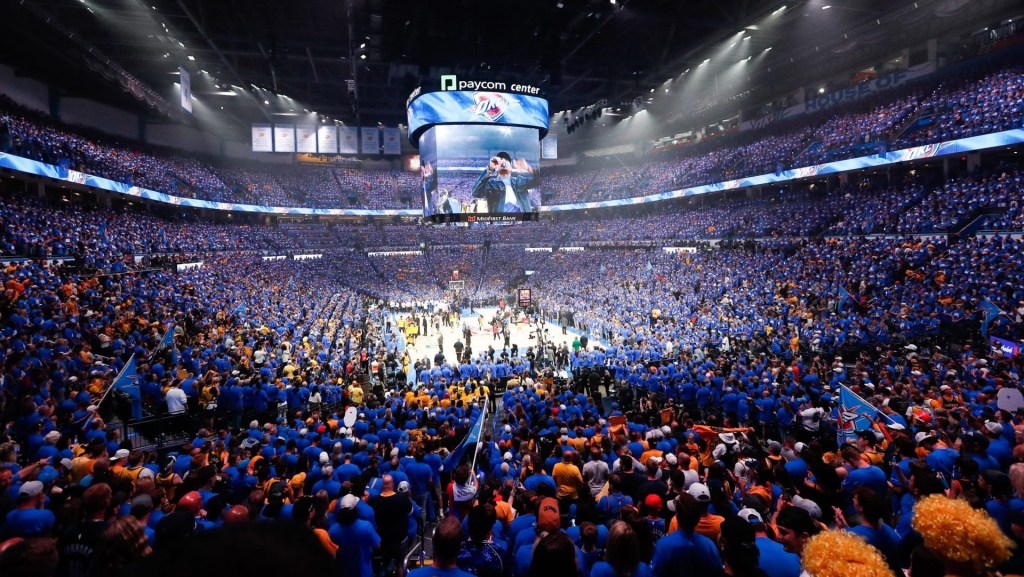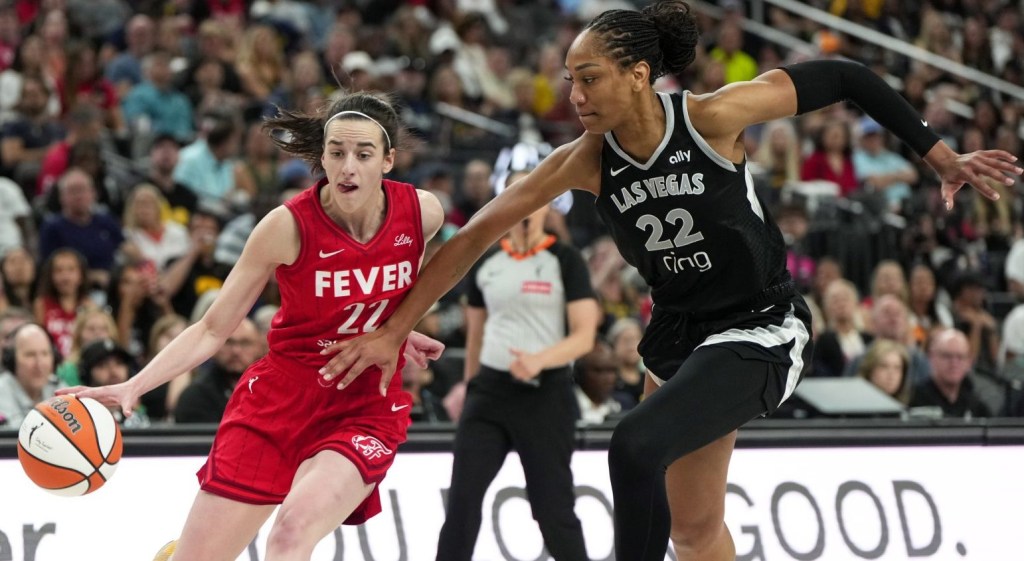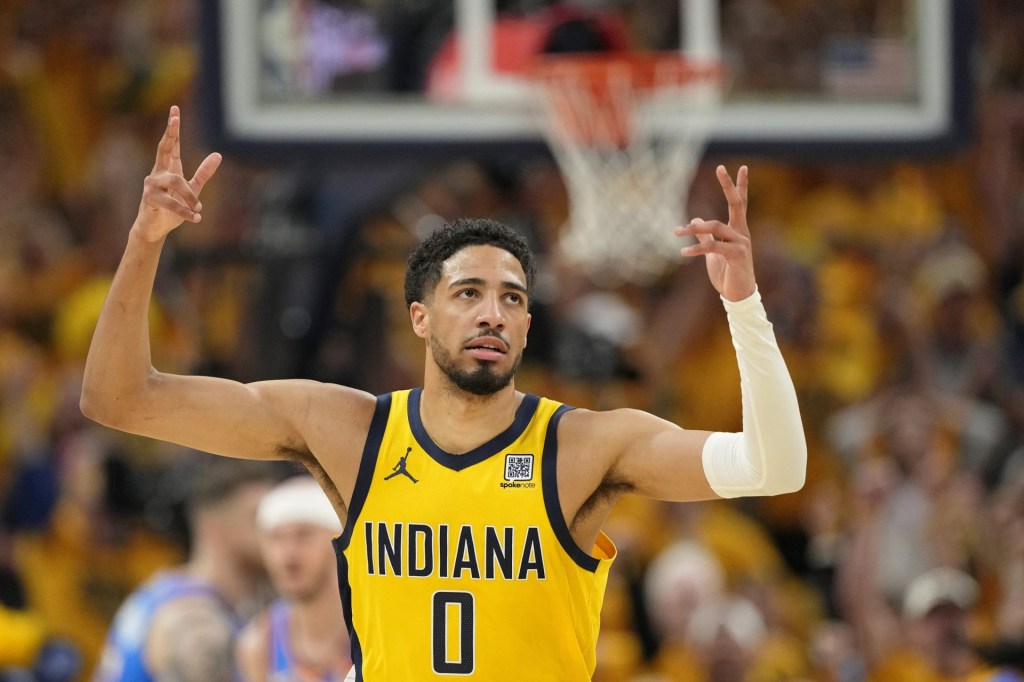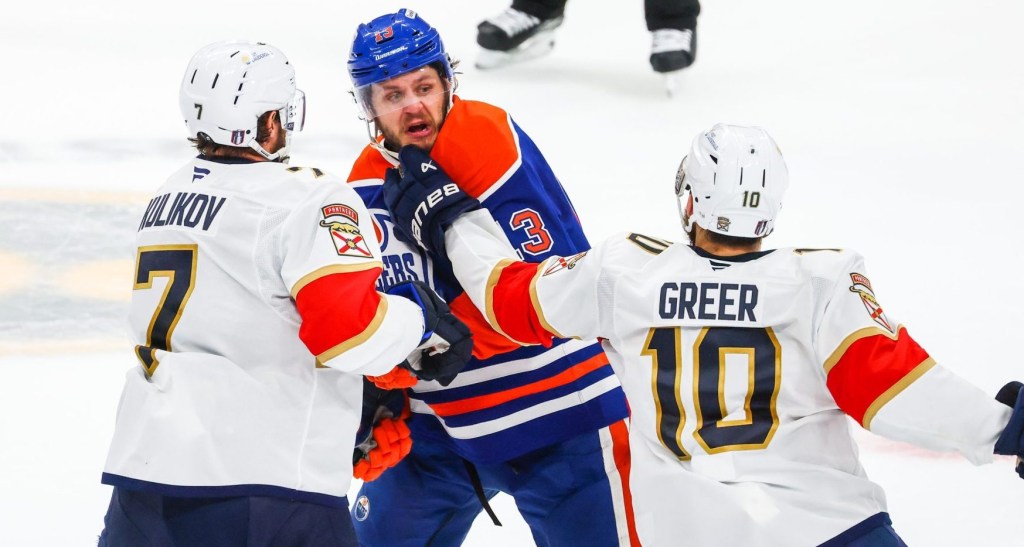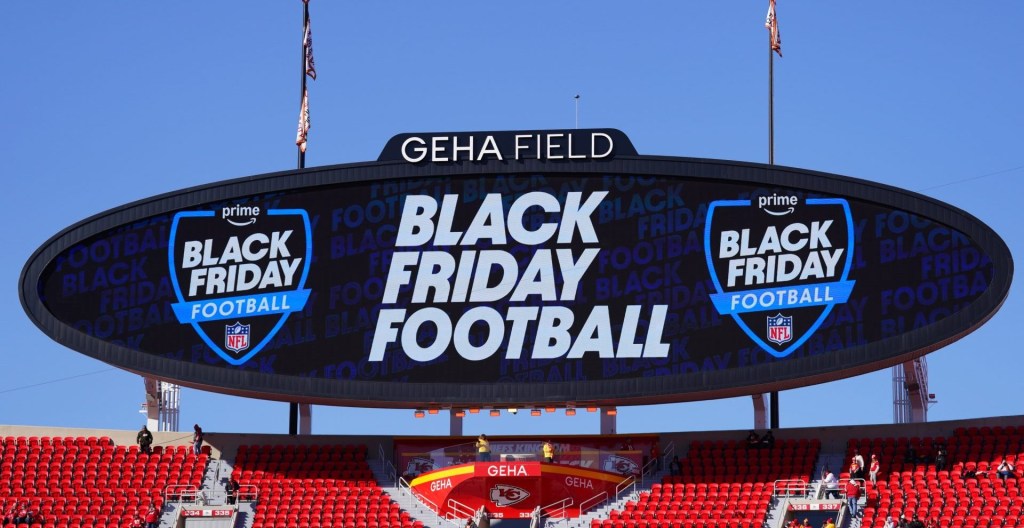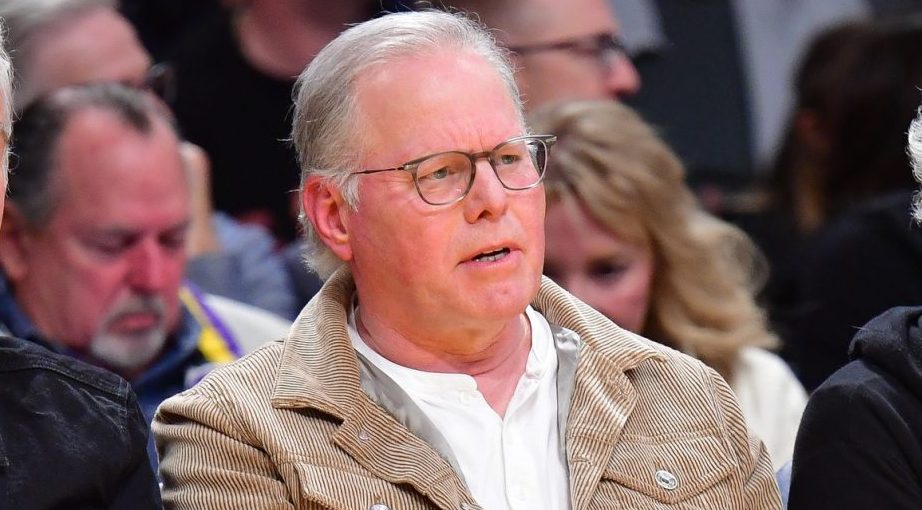This feature is presented to you by the University of Nebraska — Lincoln Master of Arts in Business with a Specialization in Intercollegiate Athletics Administration
By Chase Kostellic, @kostellic
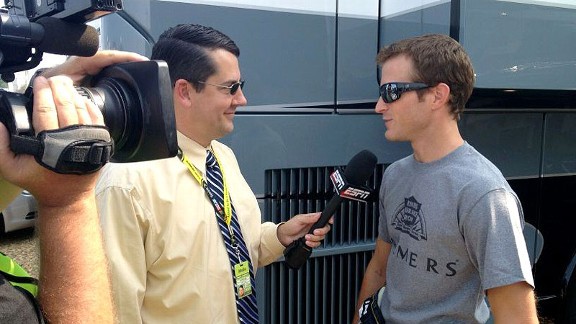
If you are a frequent viewer of ESPN, a common reader of their articles or tune into the Marty and McGee radio show on Saturday afternoons, you are probably familiar with Ryan McGee, Senior Writer at ESPN the Magazine. As someone who started with ESPN in 1994, his title only slightly scratches the surface of what he’s done in the industry.
McGee grew up in what he calls a college sports house. His father was a university administrator for his entire career and a referee for the ACC. This surrounded him with sports during his youth where he quickly built a passion that would eventually take him on a journey that many of us dream about.
“I got my first sideline credentials for an ACC football game when I was 12 years old. I went there with my little camera and took pictures,” he said. “A few weeks later, I got the chance to do it again and some of the older photographers were giving me advice and extra film. We would take photos, eat some food at halftime in the press box and then go back down. I was in shock that you could get paid to do this for a living.”
The early passion that was built for the business led to McGee being aggressive in his pursuit to be a part of it no matter where he was, even before college.
“When my dad worked at Furman University, I went straight to the radio crew and asked them what I could do to help, which led to doing statistics and eventually going on air during pre-game. He then moved to Wingate University and I did the same thing, resulting in doing play-by-play on the radio.”
Within his early university radio experience, he also spent time riding around with local high school football broadcasters and helped in any way that he could. As he progressed into college, things continued to move forward.
Want more great content like this? Be sure to subscribe to our newsletter!
“I attended the University of Tennessee. As soon I got there, I went directly to the athletic department and asked them what they needed,” added McGee. “Timing is everything because my freshman year was when they started an in-house television production department and they needed help. They were the first university with this setup and I was lucky enough to be able to be a part of it.”
Upon graduating college in 1993 with a bachelor’s degree in communication, his first full-time position happened to be in minor league baseball, one of the best ways to build experience in sports.
“My first job out of college was with the Asheville Tourists. It was the most fun anyone could ever have making $100 a week, because, in minor baseball, you do a little bit of everything. It’s a great way to get experience in just about every aspect. You can make snow cones one day and be helping out the sales executives the next. I could write a book about that experience alone.”
Although his first job was in baseball, McGee’s sights were set on ESPN.

“Right out of college, I interviewed for a production assistant job with ESPN as well, but it took them a year to hire me,” he said. “I was a production assistant who cut highlights and scripts, answered phones, ran tapes and many other things alike. The company was a lot smaller then, but I was lucky to have gotten hired on.”
Building a wealth of experience in different realms during these progressive years is something that McGee is grateful for.
“You have to go do those jobs that either don’t pay or only pay a little bit. All of the little roles I held are what give me confidence in my role today, which makes things much easier and enjoyable when I’m on the air or writing a piece.”
For those who are fans of McGee, it’s no secret that he does a great deal of work with NASCAR, which was one of his first big responsibilities at ESPN.
“In the mid-90s, NASCAR was becoming a big deal and ESPN was all in on it. Myself and a few others were assigned to cover it and I moved up the ladder from there by cutting features and covering events as a producer.”
In 2001, McGee left ESPN for a new opportunity, but eventually came back.
“I went to work for Fox Sports Net to produce a nightly NASCAR show for a couple years, then went to work for NASCAR while writing for Fox Sports. I had my hand in ESPN Magazine in 1996 when it started, but in 2006 they called me back and offered me the chance to come back full-time.”
The return to ESPN was complimented with the role of being a senior writer for the magazine, which he still holds today.
“This time it wasn’t just motorsports. It was going to be college football, baseball, and some NFL, too. I left as a producer who occasionally wrote, but I came back as a full-time writer.”
As time went by, the company grew, as did McGee’s responsibilities.
“As a content provider, you have to do everything and be willing to give different platforms and mediums a shot. I was on television from time to time followed by the radio and even ESPN.com. My title was and still is Senior Writer, but the reality is I’m doing a lot of other stuff. My role has grown as the company has.”
The change and growth that McGee experienced emphasizes the need to have multiple skillsets in the business.
“Back in the day, you had to be good at a specific role, such as radio, but now you have to know a little bit of all of it. That’s just how the business works now.”
To go along with all of his responsibilities, McGee is also on ESPN radio every Saturday from 3:00–5:00 p.m., hosting Marty and McGee with long time co-worker and friend Marty Smith.
“We used to travel together every weekend. One day we were talking to each other on a road trip and crying from laughing so hard and thought to ourselves how other people would react to our conversation. So, we called the ESPN radio division and asked to do a podcast. It took some time, but we got a yes and did that for awhile, which later turned into a radio show that we’ve upheld for two years and counting.”
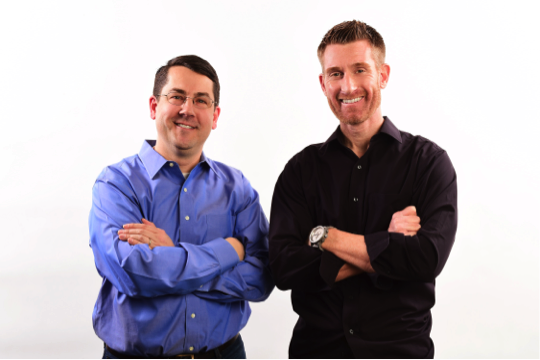
The show has a healthy mixture of seriousness and comedy, making it one of the more unique radio broadcasts.
“We can tackle the serious stuff and talk sports, but we also just talk about whatever crosses our mind and let our callers chime in and roll along with us. It’s a blast.”
When he’s not on the live air, McGee’s roles also require him to travel the air, which is something he enjoys.
“I travel a lot. It’s primarily weekends. This year I’ll go to about eight NASCAR events and in the fall during college football, I’m somewhere every other weekend. I also go the College World Series in Omaha. Each time of year is a transition for me.”
When he’s not traveling, he can be found on site at ESPN’s Charlotte office keeping up with all the games he can’t physically be at.
“When I’m in town, I’m at ESPNU watching literally 20 screens at once to consume game time information to write about and keep up with.”
In conjunction with all of his responsibilities and travel, McGee has also found time to write a few books.
“I’m an author of two books: one is called ESPN Ultimate NASCAR: 100 Defining Moments in Stock Car Racing History, which is like a coffee table book. It contains a lot of pictures and graphics and has a series of short stories about the history of NASCAR. In 2009, I also wrote a book called The Road To Omaha: Hits, Hopes, and History at the College World Series. It’s all about the history of the college world series. “
With all that he has been able to accomplish and be a part of, McGee routinely takes some time to reflect on the personal reward his path has given him.
“I may not have known what exact role I wanted to be in, but I always knew I wanted to work in sports media. I enjoy being creative. To this day, any outlet for creativity fascinates me, and ESPN helps me foster it. To get paid to go to sporting events and be creative is something I feel very lucky to be able to do. I do not take it for granted that when I get up in the morning, I’m excited about what I’m doing.”
Paired with his love for the business, sharing his experiences with others is another aspect that McGee finds reward in.
“I’m grateful to able to bring people along and let them experience everything with me. For many people, their work becomes ‘all me,’ but the reality of it is, if you’re not bringing the audience along, there’s no point. It’s something I learned from a teacher years ago, and it’s always stayed with me.”
While working in sports is both rewarding and exciting, it’s imperative to be aware of the challenges and prepare for change.
“Keeping up with the changes is huge. It’s both exciting and scary to see how consumption of information evolves. As consumers and providers, we all have to constantly adapt, but also wonder what’s next. As an individual, you have to be willing to stay on board with the evolution and adapt your work and person.”
In order to facilitate staying up to speed with changes, McGee points out that it’s crucial to step out of your comfort zone and consume as much information as you can.
“Read and watch a lot. Not just what you’re comfortable with. Do and read things that you normally wouldn’t. I do it cause I want to know what all is going on, and I believe that others should too. If you aren’t willing to do this and roll along with the changes of the business, it’s going to roll along without you.”
McGee left us with a few final pieces of advice, surrounded by the aspect of patience.
“It’s important to be patient, but impatient at the same time. You have to be impatient in that you must always be hungry for what’s next and do whatever it takes to get there. Within that, you also have to patient and go through the motions in order to get to that point.”
“Every job will include aspects that you don’t want to do. There is more to it than just the fun stuff. It took me 22 years to go from sorting scripts to sitting next to the guys I sorted them for on national television. Impatience and patience got me to that point, and I wouldn’t have wanted it any other way.”
To connect with McGee or find out more about his work, you can find him on Twitter at @ESPNMcGee or email him at mcgeespn@yahoo.com.
